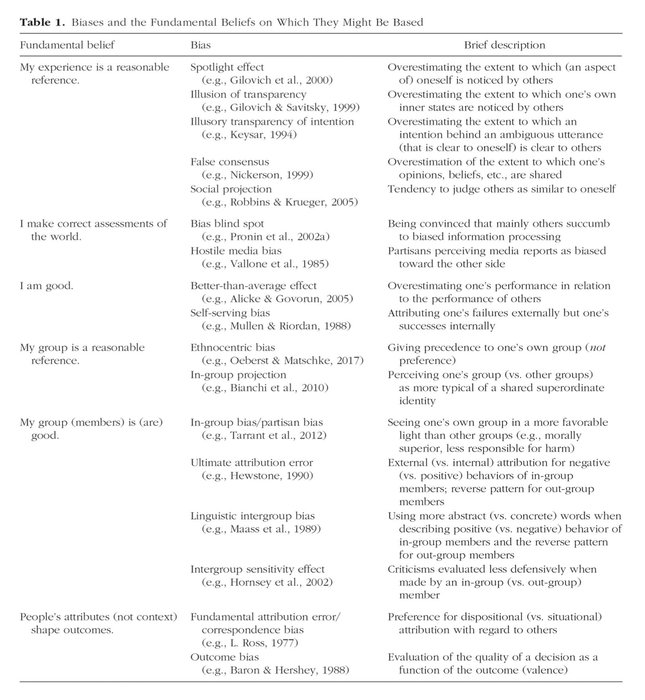Sublime
An inspiration engine for ideas
What is going on here? Shafir and Tversky argued that when we make choices, we are not ‘expressing’ a pre-existing preference at all; indeed, they would argue that there are no such preferences. What we are doing instead is improvising – making up our preferences as we go along.
Nick Chater • Mind Is Flat: The Remarkable Shallowness of the Improvising Brain
Yet the contents of our hidden depths seem to remain perpetually elusive. Freudian psychoanalysts can speculate about our hidden fears and desires; psychologists and neuroscientists can attempt to draw subtle and highly indirect conclusions from actions, heart-rate, skin conductance, pupil dilation and the rate of blood flow in the brain. But no
... See moreNick Chater • Mind Is Flat: The Remarkable Shallowness of the Improvising Brain
I developed the governing impression that our minds are wonderful explanation machines, capable of making sense out of almost anything, capable of mounting explanations for all manner of phenomena, and generally incapable of accepting the idea of unpredictability.
Nassim Nicholas Taleb • The Black Swan: The Impact of the Highly Improbable (Incerto Book 2)


Oshan Jarow • Your mind needs chaos
But the problem with our everyday view of our minds is far deeper: no one, at any point in human history, has ever been guided by inner beliefs or desires, any more than any human being has been possessed by evil spirits or watched over by a guardian angel.
Nick Chater • Mind Is Flat: The Remarkable Shallowness of the Improvising Brain
The predictive brain has much in common with Freud's general understanding of how the mind functions. Predictions are comparable to desires (or wishes), and desires encounter limitations imposed by reality. Behaviour is a compromise, a middle way negotiated between internal drives and the environment. These compromises are, in effect, revised
... See moreFrank Tallis • Mortal Secrets
In short, common-sense psychology sees our thought and behaviour as rooted in reasoning, but a lot of human intelligence seems to be a matter of finding complex patterns.